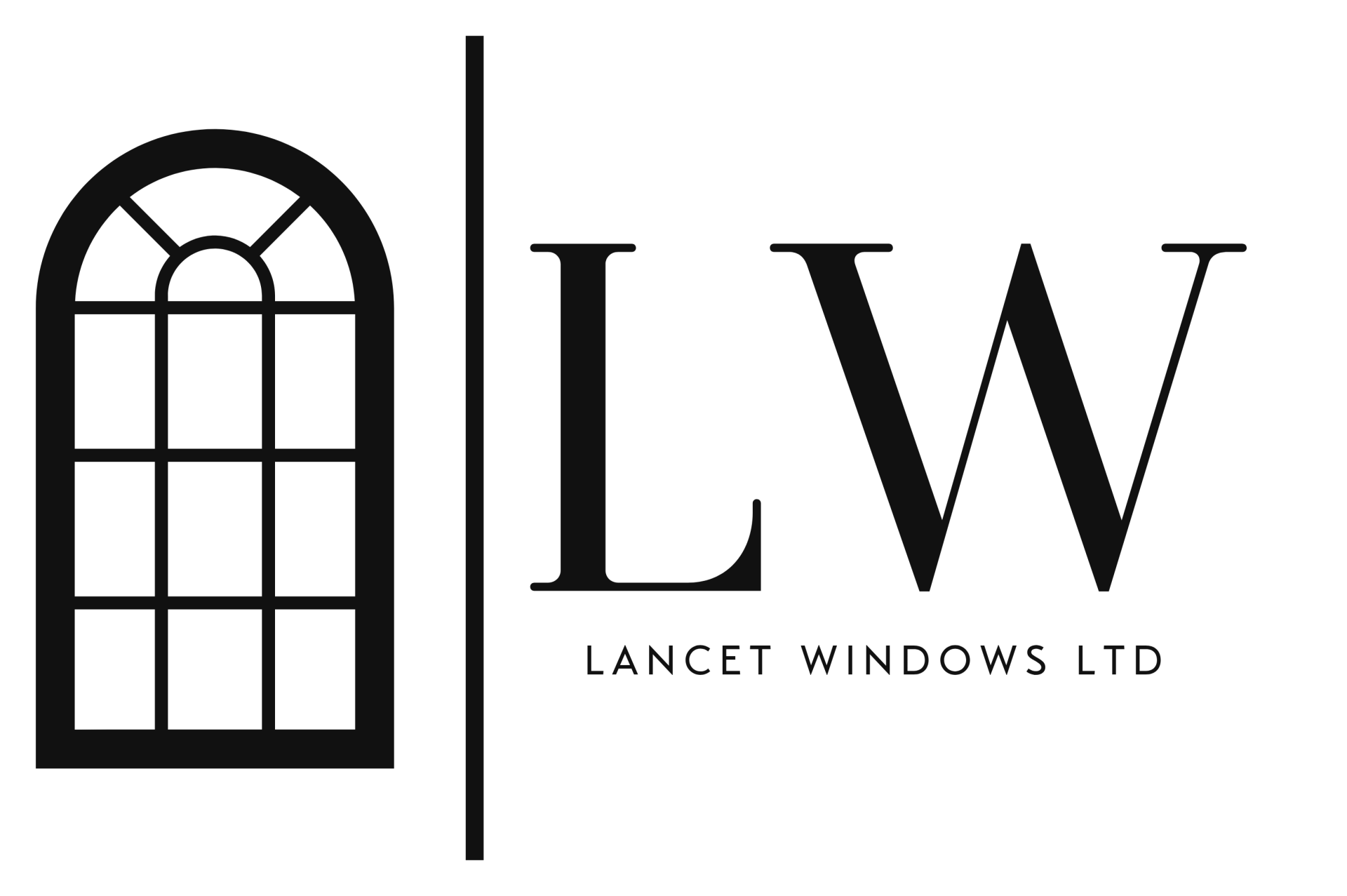What are the Environmental Benefits of UPVC Windows
Sustainability has become an important factor if you are looking for eco-friendly choices for your home. The choice of windows is one area where great progress has been made, with UPVC (unplasticized polyvinyl chloride) emerging as an environmentally acceptable alternative.
This blog explores how uPVC windows can provide environmental advantages and why they have emerged as an eco-friendly choice for sustainable lifestyles. We will examine the green credentials of uPVC windows and the reasons they can support more sustainable homes.
Carbon Footprint Reduction
When it comes to environmental impact, one of the most notable advantages of UPVC windows over traditional window materials is their much lower carbon footprint. Unlike aluminum or wooden windows, UPVC is a type of plastic that is produced without the use of fossil resources.
The production of UPVC windows demands less energy and generates lower greenhouse gas emissions compared to other window types. This improved energy efficiency and reduced carbon footprint make uPVC a more environmentally responsible window choice for homes wanting to minimize their impact.
Thermal Performance and Energy Efficiency
UPVC windows contribute to energy efficiency by helping to maintain ideal indoor temperatures. The insulating properties of UPVC windows reduce the need for heating and cooling, cutting energy use. Installing them lowers energy bills over time, benefitting household budgets and the environment.
Increased Insulation and Lower Heat Loss
One of the most important environmental advantages of UPVC windows is their great insulation. UPVC windows' heat retention minimizes warmth loss in winter, slashing heating requirements. This reduces not only energy usage but also the overall carbon emissions related to home heating.
Considerations for Recyclability and End-of-Life
UPVC windows are not only energy-efficient while in use, but they are also environmentally benign after their life cycle. In contrast to other older materials, UPVC is extremely recyclable.
When the time comes to replace or upgrade UPVC windows, the old frames can be recycled to make new ones, decreasing waste and the requirement for new raw materials. This closed-loop model aligns with circular economy and sustainability.
Longevity and durability
The durability of UPVC windows greatly contributes to their environmental benefits. These windows have a longer lifespan than alternatives such as wood or aluminum, decreasing the need for replacements.
The longer a window lasts, the fewer resources are needed for production and installation, resulting in a more sustainable option if you wish to reduce their environmental impact.
Low Upkeep and Environmental Impact
In comparison to other materials, UPVC windows require little upkeep. Because there is no regular painting or sealing, fewer chemical treatments are required over time. By reducing maintenance needs, UPVC windows ease lifestyle demands while decreasing resource waste and environmental harm from production and disposal.
Choosing UPVC windows is a commitment to environmental stewardship as well as a practical option for homeowners. As you emphasize environmentally friendly solutions, UPVC windows are set to play a key role in building your home that is not just comfortable and fashionable, but also environmentally responsible.

